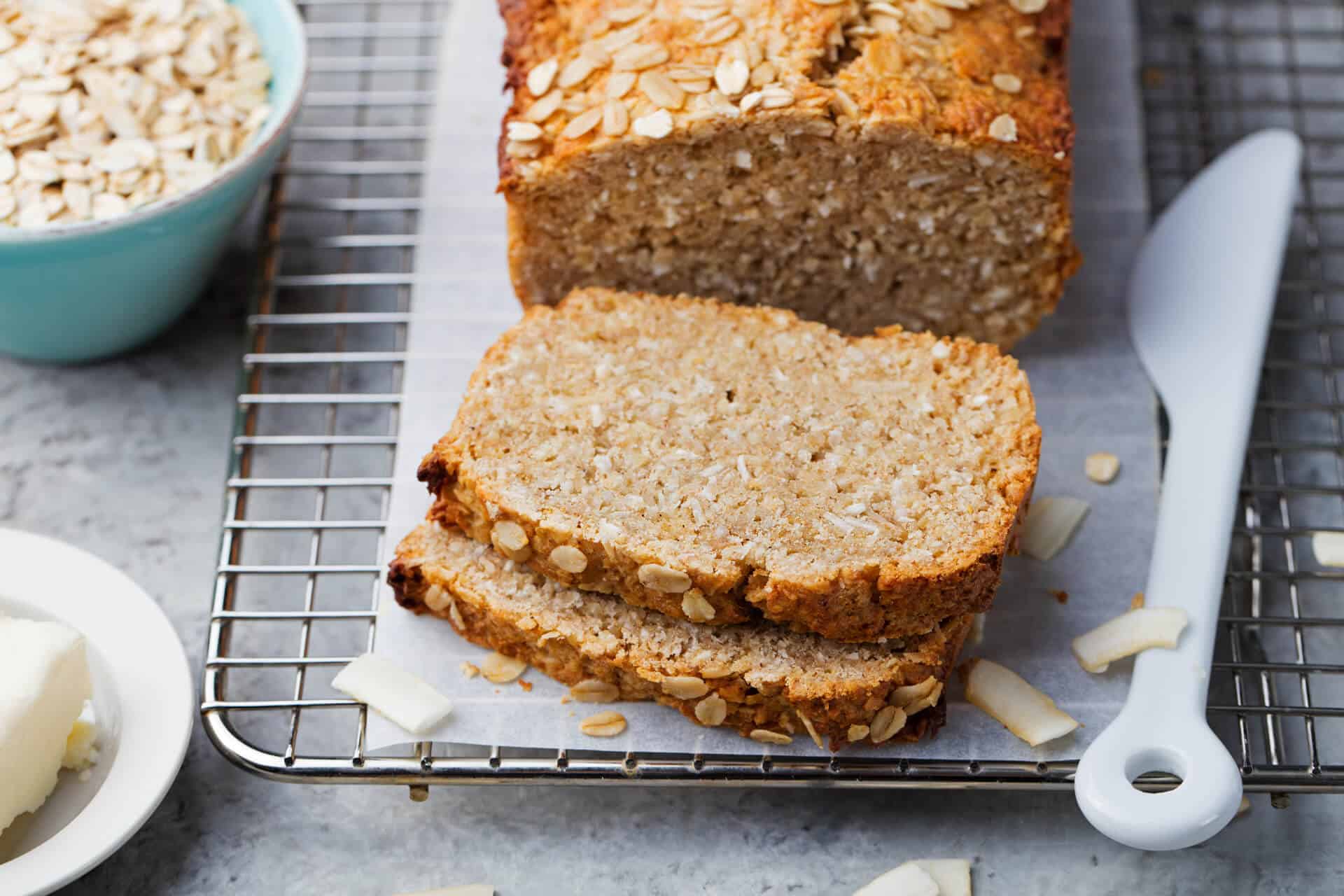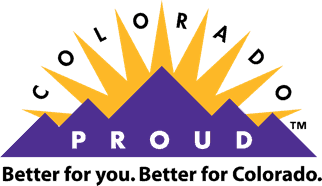A question that many folks who’re thinking about going plant-based or are just beginning to refine the cans and cannots of veganism ask is: Is bread vegan?
And, why not ask it? Bread is fluffy, crunchy, at times sweet, at other times savory, and at all times delicious source of fiber, carbs, and nutrients like magnesium. Everyone, regardless of their dietary choices, should be able to enjoy it, and, thankfully, they can!
Believe it or not, many of the breads that we encounter at the grocery store or our favorite bakery are actually vegan. This is because most bread is made out of vegan-friendly ingredients such as flour, grains such as oats and barley, water, sugar or another sweetener of choice, yeast, and salt. All of the following types of bread use some combination or variety of these ingredients and, thus, are vegan:
- Sandwich bread.
- Pita and flatbreads.
- Ciabatta.
- Sourdough.
- Rye bread.
- French baguettes.
- Pumpernickel.
- Focaccia.
- Tortillas.
- Bagels.
- Rolls.
- English muffins.
Now, as great as it is to know that many different types of bread are accessible for vegans, there are exceptions and ingredients to watch out for since not all bread is vegan. Whether you’re on a plant-based diet by choice or because of dietary restrictions or food allergies, here’s what all vegans should know about safely enjoying their bread.
Watch Out for Non-Vegan Ingredients
This might seem like a given, but the tricky thing about bread is that, sometimes, it includes ingredients that are unclear as to whether or not they’re vegan.
The most obviously vegan-unfriendly ingredients are animal products such as eggs, milk, butter, cream, whey, casein, caseinate, and honey. But what about these other more ambiguous ingredients?
- L-cysteine: This is a flavor-enhancing dough conditioner that’s derived from duck feathers, pig bristles, or hooves. Definitely not vegan!
- Mono- and diglycerides: These are emulsifiers that help oil blend with water and typically come in the form of some type of fat. Often, they are plant-derived, being made, for instance, from soybean oil or naturally present in olive, grapeseed, and cottonseed oil. However, some are sourced from animal fats and synthetic components, so be sure to do your research on what types of mono- and diglycerides your bread contains.
- Enzymes: Most enzymes are fungal-based but can also be derived from pigs’ pancreatic tissue.
- Enriched white flour: Often used for white bread, this type of flour can contain dried milk powder, butter, milk, and eggs as well as added vitamins and minerals that are synthetically produced. Also, it’s important to remember that, depending on your country or region, your flour may be processed using methods that include animal products such as bone meal.
As a rule of thumb, it might be good to remember that, the fancier and sweeter the bread, the more ingredients it requires, and, often, the additional this and that is bound to include an animal-based item. There are obviously exceptions to the rule, such as our dairy-free and gluten-free vegan sweet breads. Here are types of bread you should generally stay away from unless they’re baked by a vegan-conscious baker using plant-based substitutes:
- Biscuits.
- Naan.
- Crumpets.
- Brioches.
- Banana bread.
- Sweet white bread.
- Garlic bread.
- Challah.
If you’re gluten-free in addition to practicing veganism, be extra careful: In gluten-free products, eggs are often used as the binding agent to do the work of gluten, which, by the way, is a plant protein. Therefore, if you’re both vegan and gluten-free, check out bread that includes other binding ingredients such as rice, oats, corn, millet, and buckwheat.
Can Non-Vegan Bread be Recreated Using Vegan Ingredients?
In most cases, the answer to this question is yes. That’s because numerous vegan-friendly ingredients serve as replacements for animal products in non-vegan recipes.
Here are some excellent ingredients that are commonly used as substitutes to make delicious vegan bread:
- When replacing eggs: Flax or chia seeds mixed with water, turning them into an egg-like consistency, or aquafaba, the liquid in which legumes, such as chickpeas and white beans, have been cooked.
- When replacing milk: Any vegan milk alternative: Almond, oat, cashew, hemp—the options are endless here!
- When replacing butter: Rich, plant-based oil, such as olive oil and avocado oil, or vegan butter, including nut butter, coconut butter, and vegan margarine. Thickening, moisture-retaining ingredients, such as applesauce, dairy-free yogurt, mashed bananas, and even mashed avocados, can also be used, especially when cooking up sweet bread.
Where’s My Vegan Bread?!
Vegans have a wide selection of bread to choose from, and even the ones whose recipes are traditionally non-vegan can now be enjoyed using one of the many replacement ingredients that are available today. Now, you could take a stab at baking up a batch of your own favorite bread, but, keep in mind that working with only plant-based ingredients can be a bit tricky, especially if you’re unfamiliar with how best to replace animal products with their vegan alternative.
So, let the pros of vegan baking show you just how good our bread and desserts can be! Since 2006, Outrageous Baking has been taking time-old family recipes and turning them into delicious vegan delights that sacrifice nothing but the use of dairy, gluten, and GMOs. Plus, we deliver our moist, delectable products nationwide, so no more digging through your grocery store’s limited selection!
Visit us today to get your vegan loaf on!


